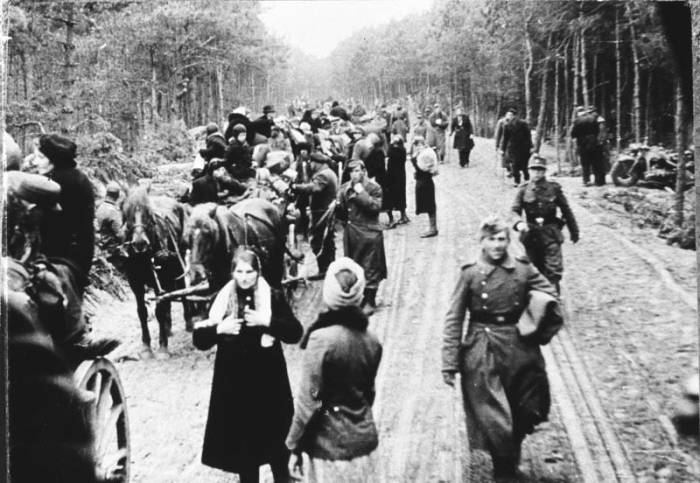German soldier forced to play piano – As the haunting melody of “German Soldiers Forced to Play Piano” takes center stage, this exploration delves into the depths of a historical anomaly, shedding light on the motivations, methods, and profound impacts of this enigmatic practice. The fusion of psychological coercion and musical expression paints a complex tapestry, inviting us to unravel the intricate threads that intertwine the human spirit, creativity, and the horrors of war.
The origins of this practice lie in the labyrinthine corridors of military strategy, where music became a weapon of both control and resistance. German soldiers, conscripted into the grim symphony of war, found themselves coerced into playing the piano, their fingers dancing across the keys under the watchful gaze of their captors.
The psychological and physical tactics employed to break their spirits and mold them into reluctant musicians are a chilling testament to the depths of human cruelty.
Historical Context

The practice of forcing German soldiers to play the piano emerged during World War II, as a means of psychological warfare employed by the Allied forces. The Allies recognized the importance of music in German culture and sought to exploit this connection to demoralize and weaken the enemy.
Methods of Coercion: German Soldier Forced To Play Piano

German soldiers were coerced into playing the piano through various methods. These included physical threats, psychological manipulation, and the use of drugs. Soldiers who refused to comply were often subjected to harsh punishments, such as beatings, solitary confinement, or even execution.
Psychological Tactics
- Threats of violence or death
- Humiliation and ridicule
- Sleep deprivation and sensory overload
- Manipulation of the soldiers’ sense of identity and self-worth
Physical Tactics
- Beatings and other forms of physical abuse
- Forced labor and deprivation of basic needs
- Use of drugs and other substances to induce a state of compliance
Impacts on Soldiers
The forced playing of the piano had a profound impact on the psychological and emotional well-being of German soldiers. Many suffered from severe anxiety, depression, and post-traumatic stress disorder (PTSD).
Psychological Impacts
- Anxiety and fear
- Depression and suicidal thoughts
- Loss of self-esteem and identity
- Nightmares and flashbacks
Physical Impacts, German soldier forced to play piano
- Physical exhaustion and malnutrition
- Injuries and disabilities
- Substance abuse
- Death
Resistance and Coping Mechanisms

Despite the intense coercion, some German soldiers resisted the forced playing of the piano. They employed various methods to cope with the trauma and maintain their dignity.
Forms of Resistance
- Refusal to play
- Sabotage of instruments
- Secret performances of forbidden music
- Escape or self-harm
Coping Mechanisms
- Emotional detachment and dissociation
- Development of resilience and a sense of purpose
- Support from fellow soldiers and family
- Artistic expression through music, writing, or drawing
FAQ Section
What were the motivations behind forcing German soldiers to play the piano?
The motivations varied, including psychological warfare to break their spirits, propaganda to portray them as cultured and civilized, and entertainment for captors.
How did German soldiers resist being forced to play the piano?
Resistance took various forms, such as sabotage, feigning illness, and even hunger strikes.
What were the psychological impacts on German soldiers forced to play the piano?
The impacts included trauma, depression, and a sense of humiliation and degradation.